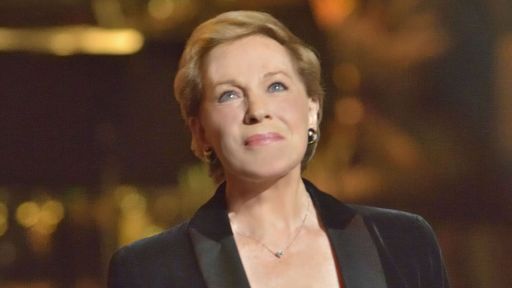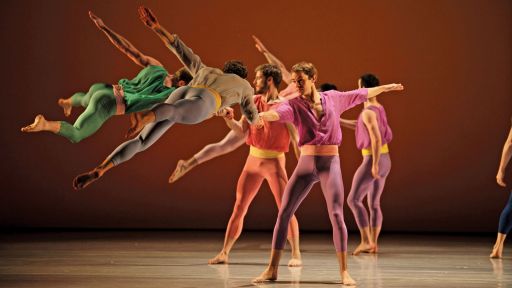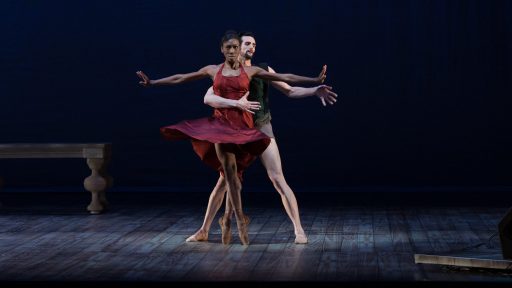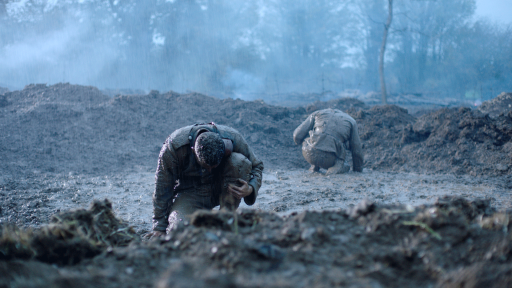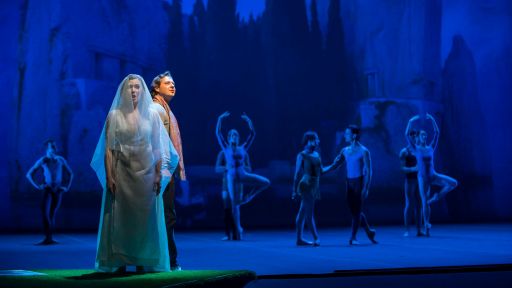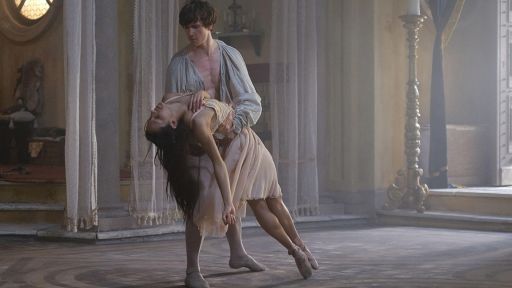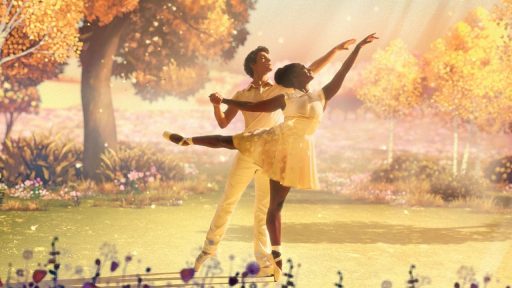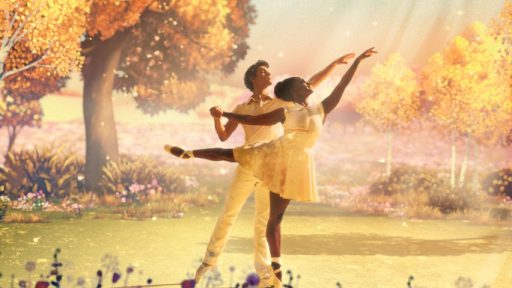Go behind the curtain on the set of “Coppelia” with Michaela DePrince as she talks about what the role of Swan means to her and how this production reimagines “Coppelia” for a modern audience through the use of green-screen technology.
Features
I've never been on a set like this before.
Working with the blue screen yellow screen and green screen, I think it's interesting to understand this whole production process.
And it's kind of a bit of a challenge for me as well, because usually when we perform, we just keep going and keep going, and then you can use different emotions in the next, what three hours.
But with this production, you have to repeat and repeat and repeat, but also still having the exact same energy. So it's -- it's very interesting for me to be on this project.
My character is quite similar to how I am, I think, as a person, I think that's why it really fits me like Swan. She's very feisty.
She believes in what she believes in.
And she also loves her mother and her friends.
And she believes that they're all beautiful, no matter what.
And having this guy who wants to make everybody seem like they're not good enough, that's also what I stand for.
I feel like everybody can be as good as they possibly can be.
And when he tries to change everybody, it's just, she doesn't believe in that.
She believes that everybody and their beauty comes within and she doesn't want that to happen to anybody.
So she wants to save her town and to make it how it was before.
And I feel like that character of Swan and I are quite similar.
[ music]. First time I ever got to do Swan was when I danced it with Dutch National Ballet at National, I was choreographed by Ted Brandsen and already I felt very close to the character, very feisty, very, just be who you are and that's just how it is.
And I just really enjoyed the role and then getting this opportunity was another time for me to explore the role as well.
It's so different for me to be performing on stage and then doing this movie.
It's, it's quite interesting because for the past what 18, 19 years I've been -- my emotions are very theatrical.
Everything's over, over -- just huge. And then this, you just do one look and then it already tells a story, but in ballet you really have to use your whole body in order for it to reach the back of the audience. And here it's just on a screen. So for me, it's quite, uh, uh, quite a bit of a challenge, but I'm very excited to be able to work on it as well.
Because I think even in ballet, sometimes it's slightest movements are more they're taken in, in a different way and you just have to figure out different tiny movements.
And that's also like moving a different way. So it's a bit of a challenge, but it's exciting.
So difficult, this green screen, and so many people on set and you never know it's a half-hour call and then really they need you right away. It's quite interesting.
I feel like people, the children, the families are really gonna enjoy this movie and I'm so happy to be part of this process. I'm really, really honored to be part of it.
[ music ends].
You May Also Like
